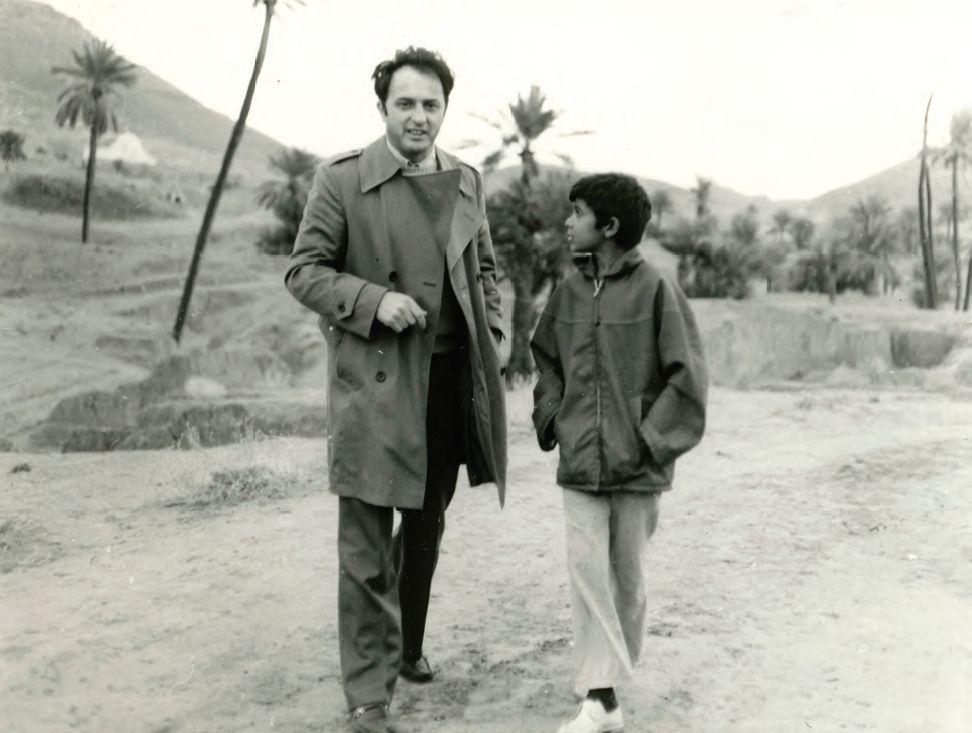Boris Kuhar was born in 1929 in Maribor. After spending a short period at the academy for diplomacy and journalism in Belgrade, he enrolled at the department of ethnology at the Faculty of Arts in Ljubljana, where he graduated in 1956. In the year 1965 he also completed his PhD studies on the deterioration of traditional farm life due to social changes after World War Two.
Between 1946 and 1956 he worked as a journalist for the Slovenski poročevalec (Slovene Reporter) paper, where he often covered unusual topics. Even long afterwards he fondly remembered the reactions to his supplements about Ljubljana’s night life. The following six years he was an editor at Radio-Television Slovenia. Between 1962 and 1987 he headed the Slovenian Ethnographic Museum in Ljubljana.
Kuhar set up many ethnological exhibitions both at home and abroad. Among the most attention-grabbing was the exhibition on masks, which in the 1960s revealed a rich heritage known only to locals after the end of World War Two. His later exhibitions mostly focused on non-European peoples. During his time in charge of the Slovenian Ethnographic Museum, he increased the number of curators and restoration specialists needed for the newly acquired objects. In 1964 a Museum of Non-European Cultures was established in Goričane pri Medvodah, as a branch of the Slovenian Ethnographic Museum headed by Boris Kuhar.
At Radio-Television Slovenia he worked as a journalist, director and cameraman. He also shot the first Slovenian documentary about the Borovo Gostüvanje shrovetide carnival, and the first tourist film “Sinji trilček o Tartiniju in slovenskih obmorskih krajih”. Together with Ivan Ivačič he also prepared the first cooking shows.
M. K.; translated by K. J.


































































